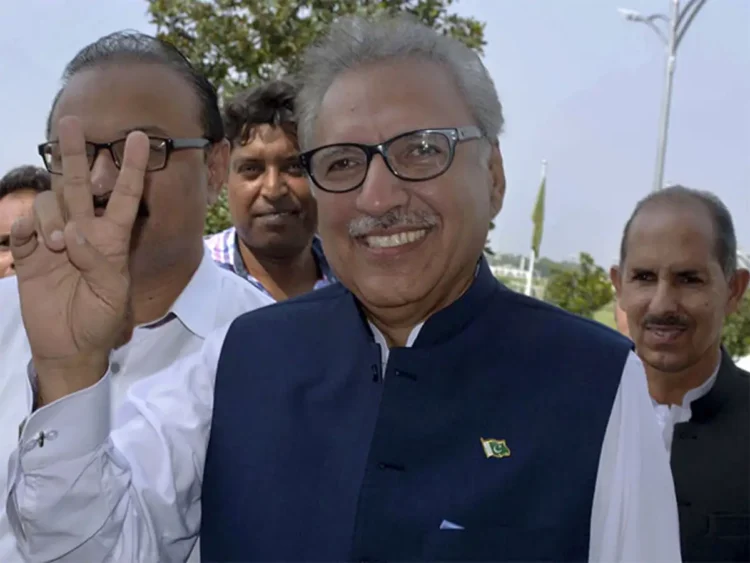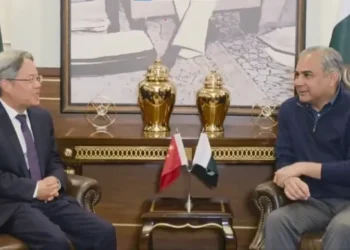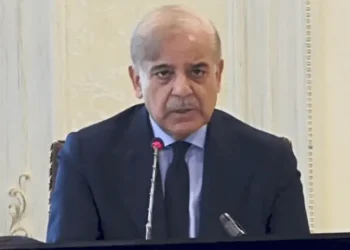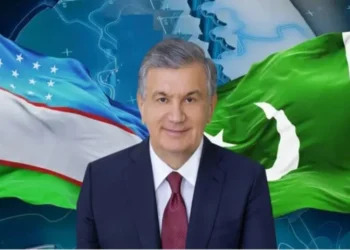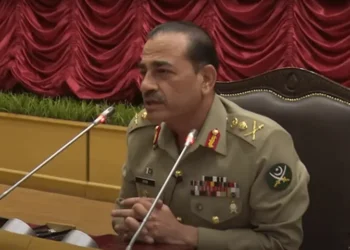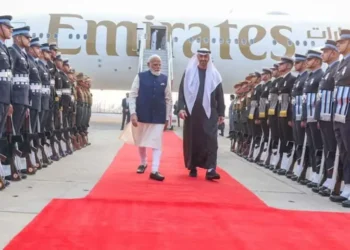KARACHI; The Sindh High Court (SHC) has restrained government institutions from arresting former president Dr Arif Alvi and his family members in connection with blasphemy-related investigations initiated by the National Cyber Crime Investigation Agency (NCCIA). The court has also sought a detailed report from the respondents by October 21.
The case stems from an investigation launched by the NCCIA against Dr Arif Alvi and 12 members of his family, during which their bank accounts were blocked. The former president subsequently approached the SHC, challenging the legality of the investigation and the financial restrictions placed on his family.
According to the investigating officer, the NCCIA was probing allegations of blasphemy against Dr Alvi. He informed the court that despite formal notices, the former president had not appeared before investigators.
However, counsel for Dr Alvi rejected the allegations as false and politically motivated, arguing that the NCCIA had exceeded its jurisdiction. He contended that the agency was not legally authorized to block bank accounts and, moreover, the allegations were against a single individual while the financial accounts of the entire family had been frozen.
After hearing arguments, the SHC issued interim relief, barring authorities from arresting Dr Alvi, his son Adab Alvi, and other family members under the charges until further orders. At the same time, the court directed the former president and his family to cooperate with the NCCIA investigation and appear before the agency as required.
The case adds another layer of controversy to Pakistan’s political and legal landscape, as Dr Arif Alvi—who completed his presidential term in 2023—has consistently alleged that state institutions are targeting him and his family for political reasons. Legal experts suggest that the court’s intervention reflects concerns about due process, misuse of authority, and the sensitive nature of blasphemy-related charges in the country.
In mid-2025, former president Dr. Arif Alvi and members of his family became the subject of an investigation by Pakistan’s National Cyber Crime Investigation Agency (NCCIA) after allegations of blasphemy surfaced in connection with online content. The matter originated when a citizen, Shahzada Adnan, filed a petition in Lahore accusing Dr. Alvi of using objectionable language deemed blasphemous. The court dismissed the plea, directing the petitioner to follow due legal channels under cybercrime laws.
Subsequently, the NCCIA initiated a formal inquiry not only against Dr. Alvi but also against 12 of his family members, leading to the blocking of their bank accounts. Dr. Alvi challenged this in the Sindh High Court, arguing that the NCCIA had overstepped its mandate, as the allegations were leveled at one person while the financial accounts of the entire family were frozen. His legal counsel contended that the charges were politically motivated and lacked substance.
The Sindh High Court took notice of the matter and temporarily restrained government agencies from arresting Dr. Alvi, his son Adab Alvi, and other family members under the blasphemy charges, while also seeking a detailed report from the NCCIA by October 21, 2025. At the same time, the court directed the petitioners to cooperate with the NCCIA’s inquiry by appearing before investigators.
In Lahore, a separate district court also examined a petition demanding registration of an FIR against Dr. Alvi. That court ruled that before any legal action, the opinion of the Ulema Board must be obtained on whether the alleged remarks constituted blasphemy under Islamic law. This decision underscored the sensitivity of the case and the judicial caution exercised in such matters.
Human rights observers note that Pakistan’s blasphemy laws are often misused for political victimization, personal enmity, or extortion schemes, particularly in cybercrime cases where fabricated social media content or doctored videos can be circulated. In this context, Dr. Alvi’s case has drawn significant public and legal attention, as it involves not only a former head of state but also raises questions about the scope of NCCIA’s powers and the fairness of applying collective punishment to family members.




















































